Beijing has slammed Tokyo for the negative comments it made during its recent meetings with Washington, urging it to maintain the political foundation of China-Japan relations.
Liu Jinsong, director-general of the Foreign Ministry's department of Asian affairs, summoned Akira Yokochi, chief minister of the Japanese embassy in China, on Tuesday, shortly after Japan and the United States held a series of meetings in Tokyo.
Japan and the U.S. held the"2+2"meeting and a ministerial meeting on "extended deterrence" on Sunday. On Monday, the two countries participated in the foreign ministers' meeting of the Quad, a grouping that also includes Australia and India.
In addition, a spokesman for the Foreign Ministry expressed strong opposition on Tuesday to interference from Japan and the U.S. in China's internal affairs as well as their smearing of China.
Liu, the director-general, expressed China's grave concerns and strong disapproval over the negative words and deeds against it by the Japanese side during the meetings, as well as the many fallacies, dangerous moves and false narratives in the meetings' documents, according to a statement issued by the ministry.
The Japanese side's smearing and attacks on China are contradictory to its statements on promoting a strategic relationship of mutual benefit between the two countries, Liu said, calling on Tokyo to meet Beijing halfway and truly work toward such a relationship.
Liu urged Japan to adopt an objective and rational perception of China, stop making unwarranted comments on China's internal affairs, and cease forming "small cliques" with certain countries to create confrontation.
Yokochi said that Japan's position on handling the Taiwan question in accordance with the 1972 Japan-China joint communique remains unchanged.
Japan is willing to advance the strategic relationship of mutual benefit between the two countries, he added.
In another development, the Foreign Ministry announced on Wednesday China's countermeasures against U.S. Representative Jim McGovern, a Democrat from Massachusetts, for his frequent words and deeds in recent years that have interfered in China's internal affairs and undermined its sovereignty, security and development interests.
The countermeasures, including prohibiting all organizations and individuals within China from engaging in transactions, cooperation or other activities with McGovern and denying the lawmaker and his family entry into China, took effect on Wednesday.
The countermeasures are pursuant to articles of the Law of the People's Republic of China on Countering Foreign Sanctions, the ministry said in a statement released on its website.








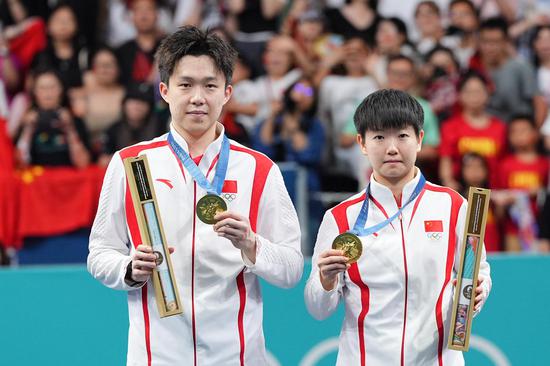

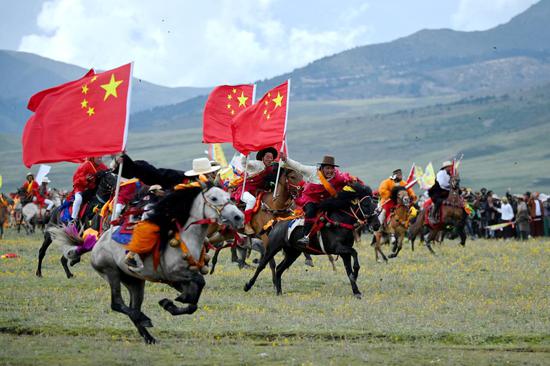
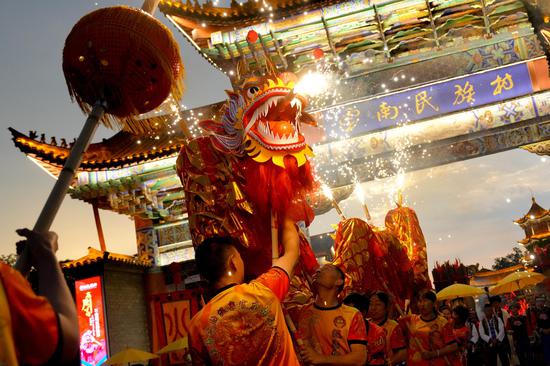
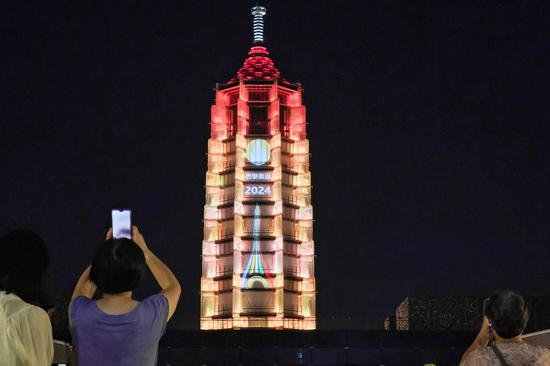
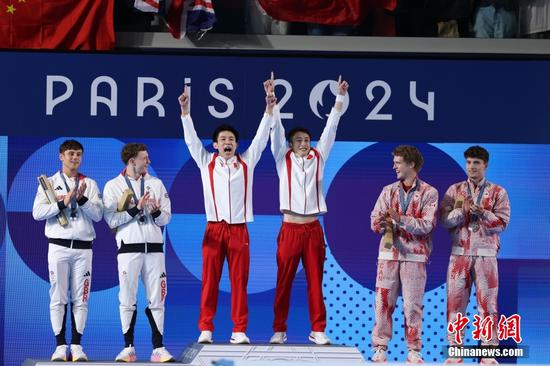
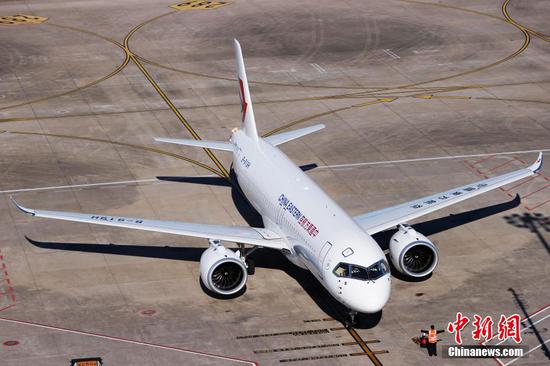
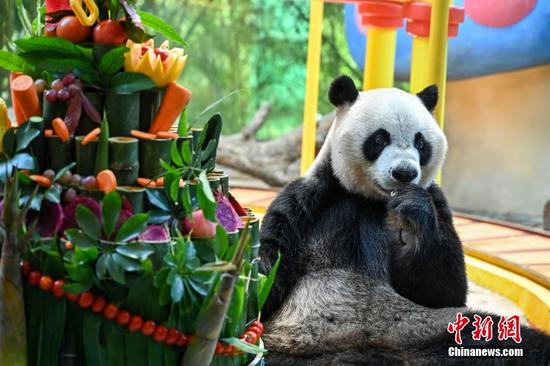
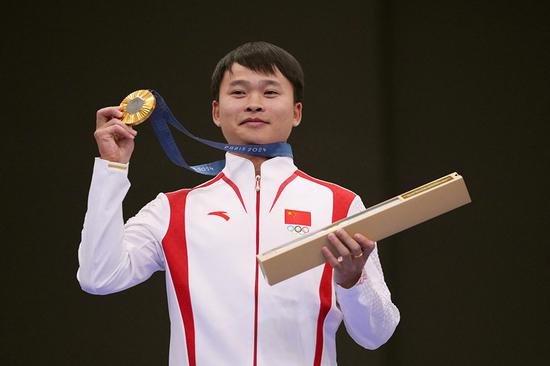
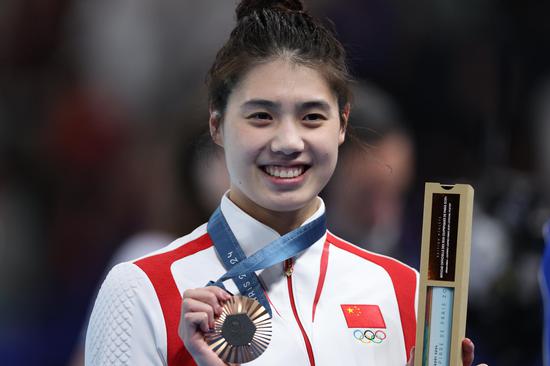
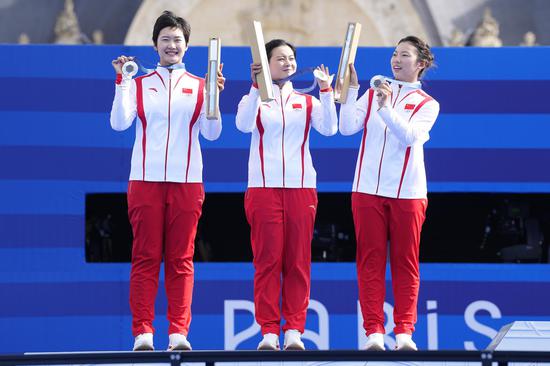




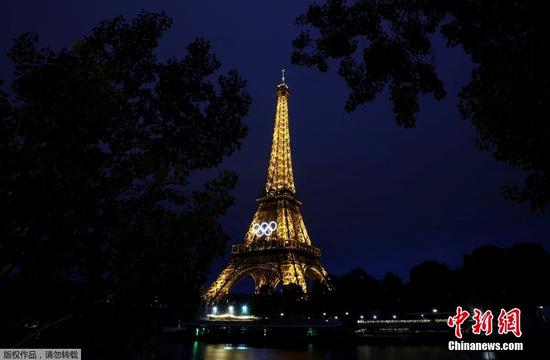
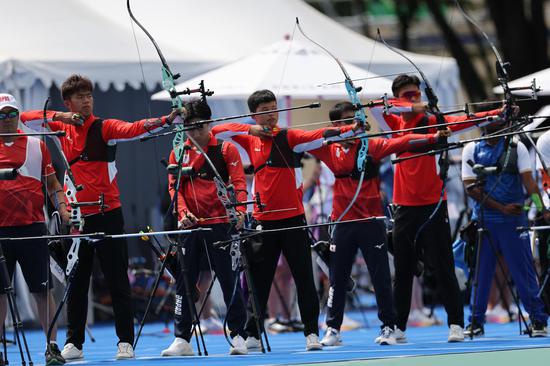
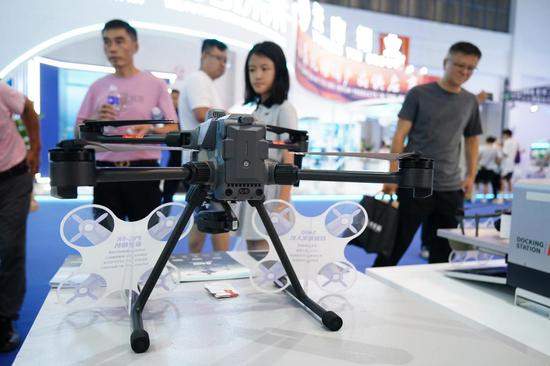


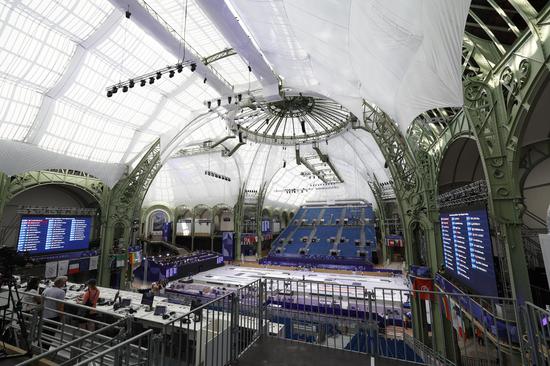
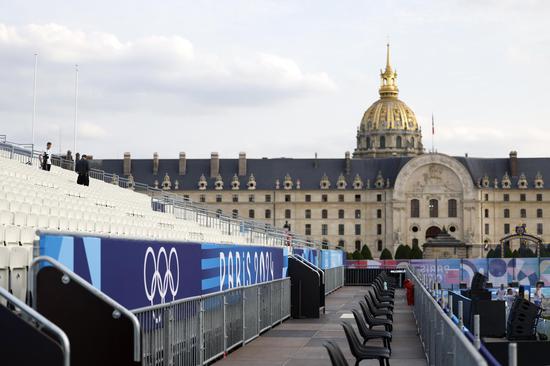

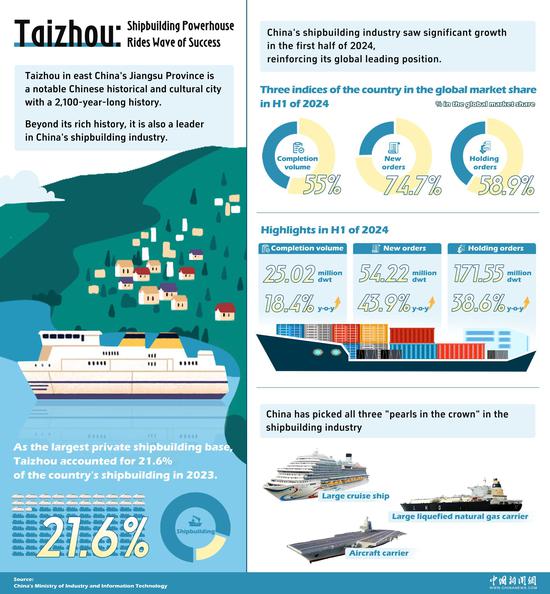
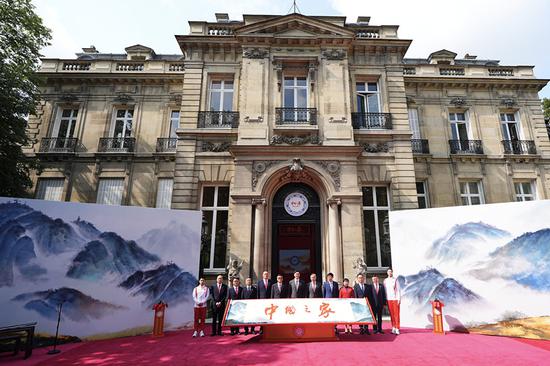
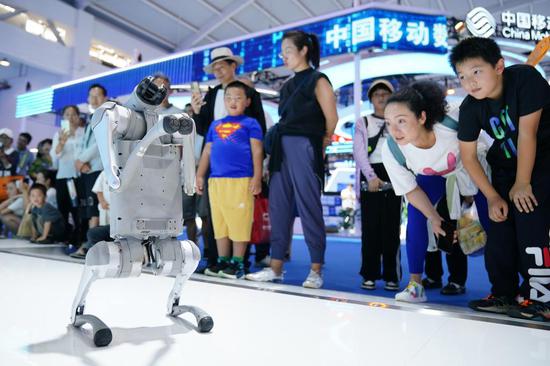

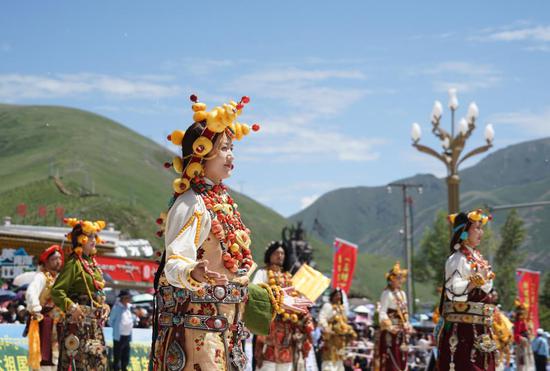
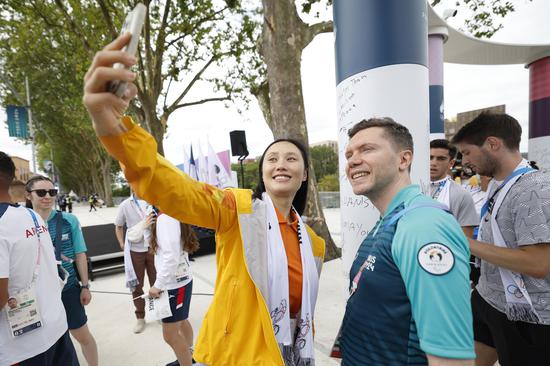

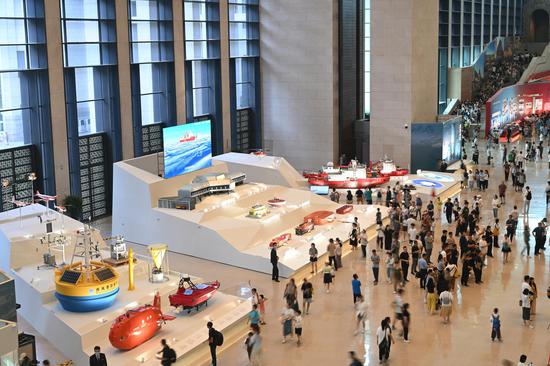

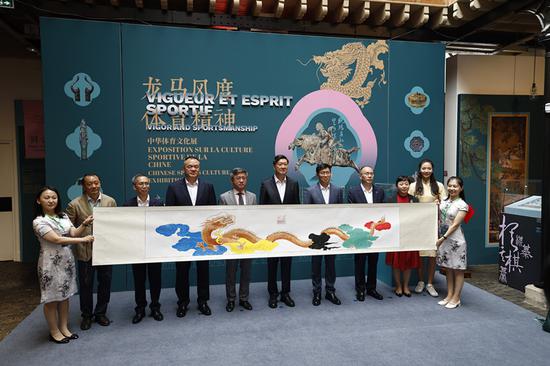

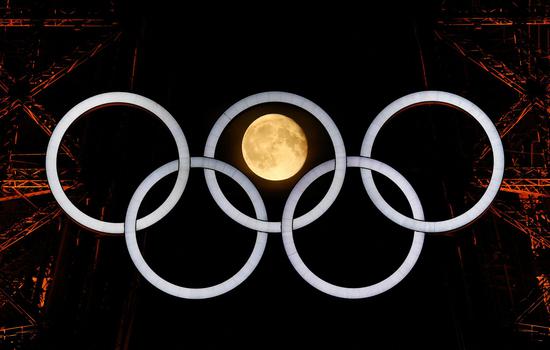


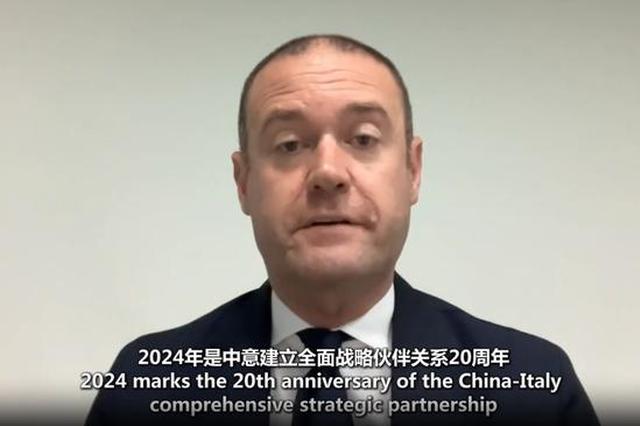



 京公网安备 11010202009201号
京公网安备 11010202009201号